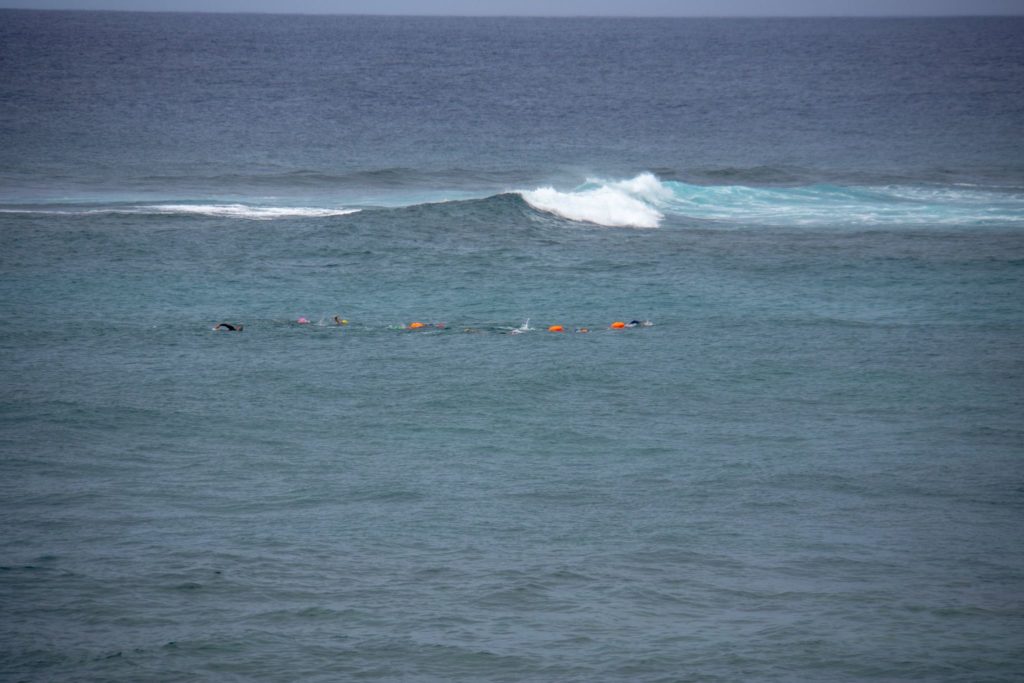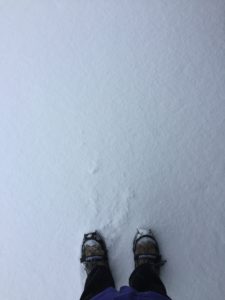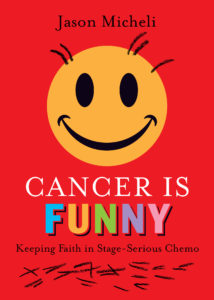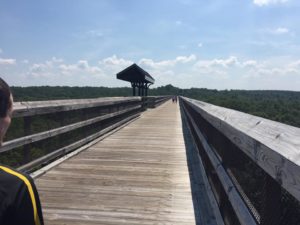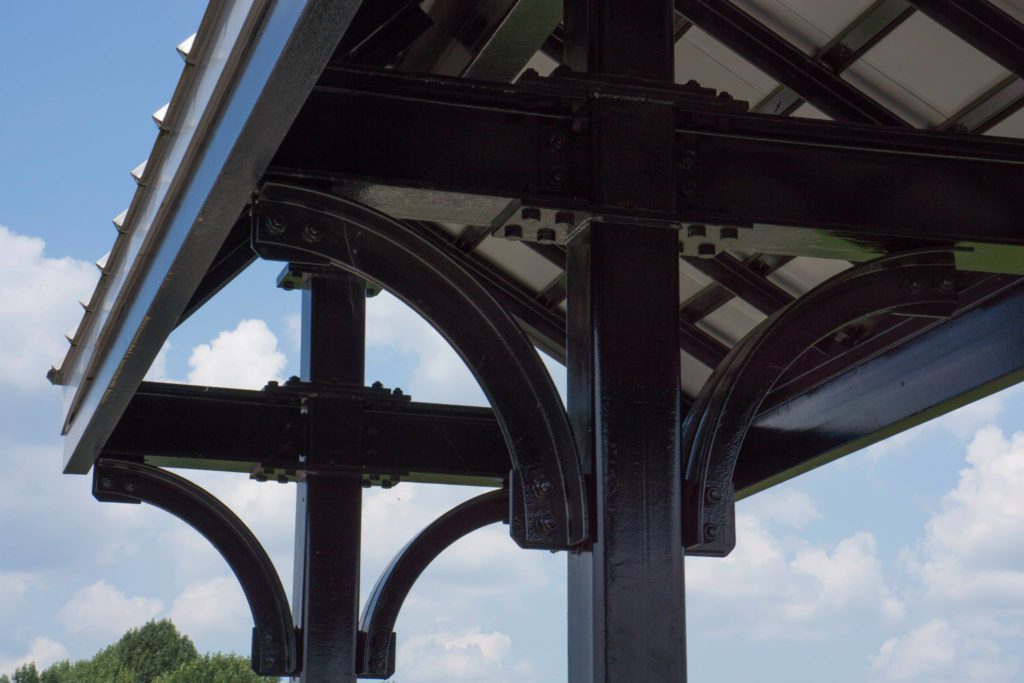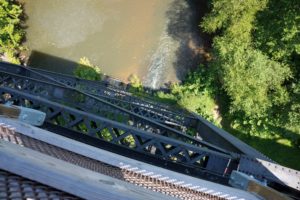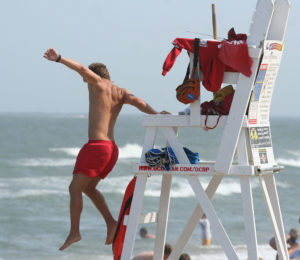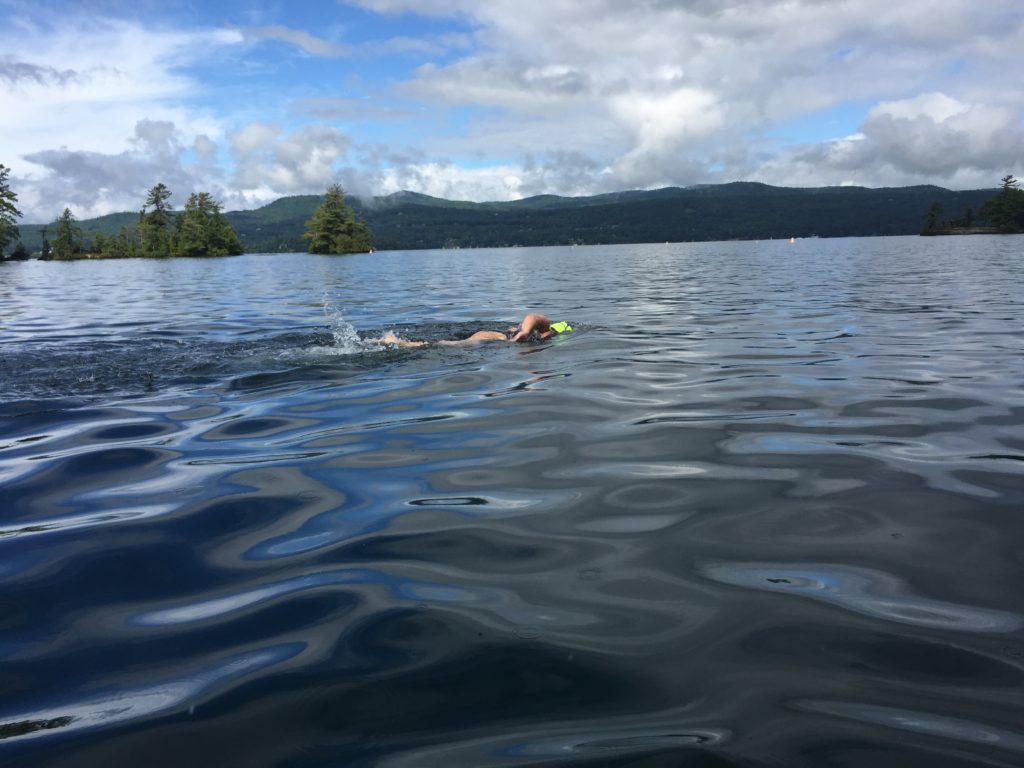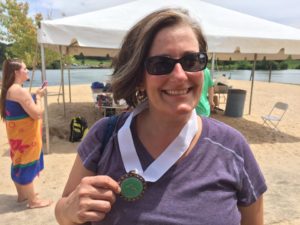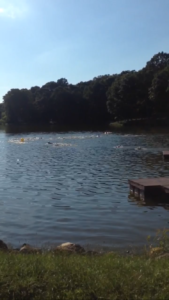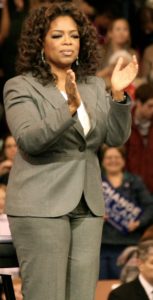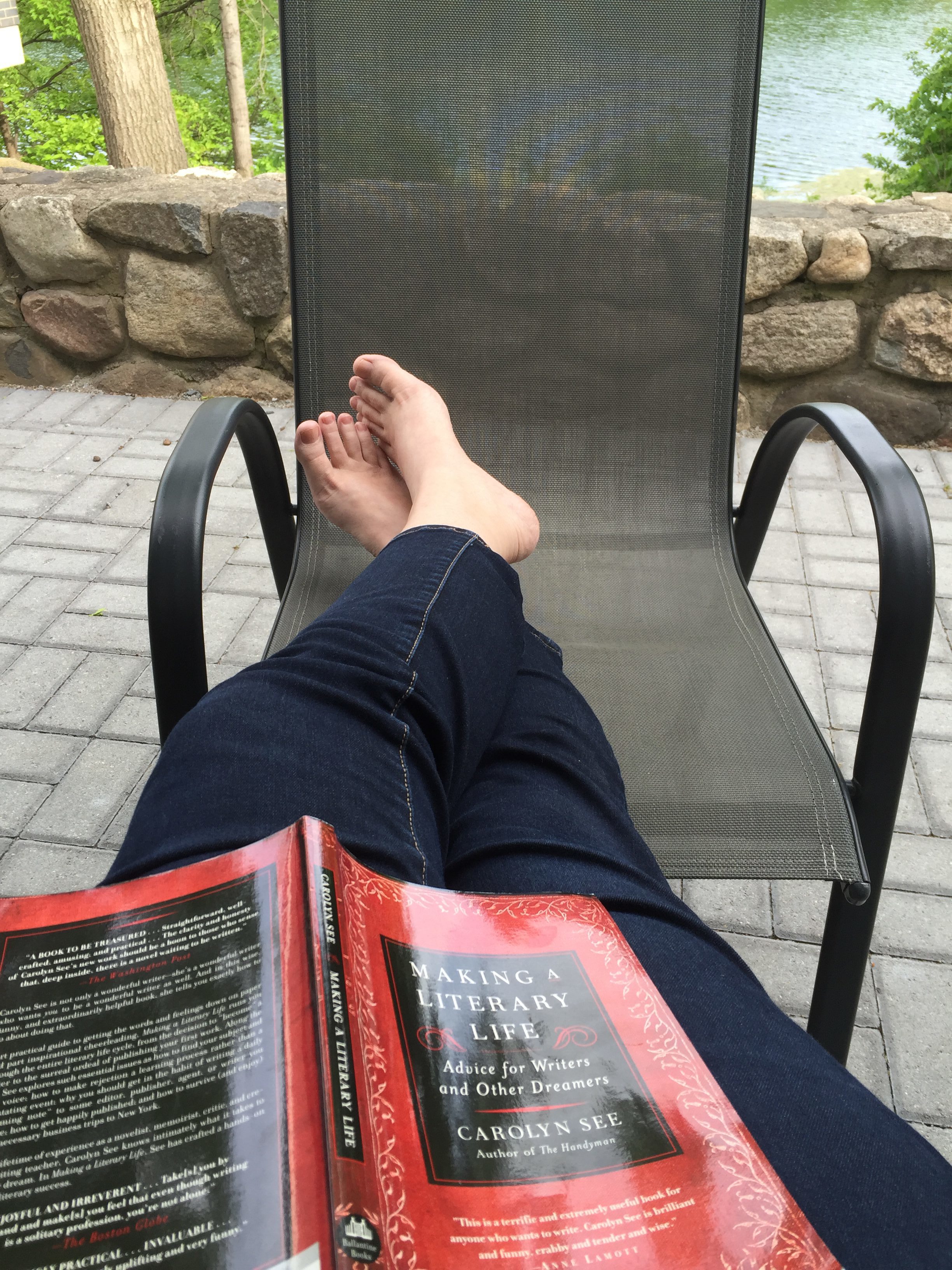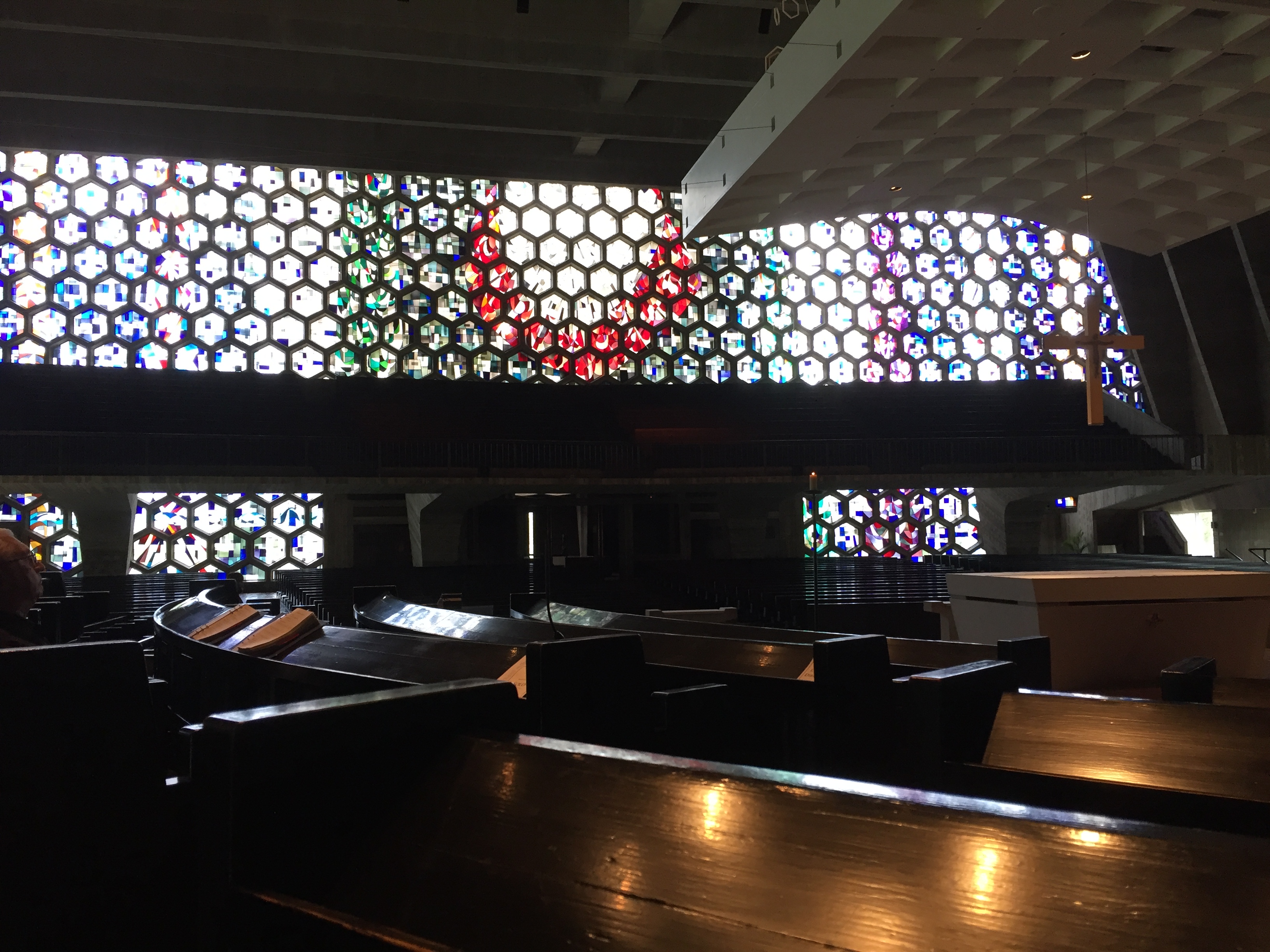Friday morning I finished the Advent devotional I started in December – and with Ash Wednesday just under 3 weeks away! In case it isn’t already clear from that statement, I’ll be more explicit: I don’t have it all together. Last week, because we had company coming, we cleaned. I am not exaggerating when I say I can’t remember the last time we did that. (But if I had to guess, I’d say it may have also been in December, right before we invited students over for a meal before exams started.)
These are statements of fact, not self-flagellation. I hope they’ll engender some trust so you’ll hear what I’m saying as one thing I’m doing that’s helping me. One thing in the midst of many many undone or poorly done things. One thing that requires planning, fortitude, discipline, and commitment – in the midst of a poorly tended house, spotty devotional life, and slapdash weekly meal planning “regimen.”
It’s important to me that you get this, that you understand I am not the kind of person who has issues of “Real Simple” magazine fanned out on my dust-free coffee table while the kitchen timer goes off on our baking dinner, just as my husband arrives home from work and I am finishing up my at-home Pilates workout. (And all the bills are paid and thank you notes written and volunteer work scheduled, with plenty of “me time” in the mix.)
Got it? Good.
Because I’ve been kicking ass at swimming. I haven’t set a formal goal for the miles I hope to cover this year, but I have been tracking my swimming and so far in 2017 I’ve swum 40.45 miles.

Screenshot of my Go the Distance progress from the US Masters Swimming fitness log.
At the end of January I had to be in another city for most of the week at a denominational gathering whose schedule ran from 8am until 10pm with no breaks or free time, and I called around in advance to find a pool I could swim in that week. It required getting up at 4:30am, to overlap with their lap swimming times and the only free-time available to me, but I did it – every day I was there. I did not get enough sleep that week and most days I only swam a mile, in order to have enough time to get dressed and eat breakfast and be back by 8am. But it was a life-saving move on my part, to get up and move before a day of prolonged sitting, to spend those first few hours alone and focused on myself before being with and focusing on other people the rest of the day.
More than I would like, these days feel rushed and anxious and overfull and underdone. Too much, too fast, and the constant, demoralizing news from Washington, D.C. The word with the most resonance in my circles is “resist.” Resist the administration’s overreach. Resist racist, xenophobic, unjust policies. Resist and refuse to believe this is normal.
Since my time at Standing Rock, I have signed petitions and called and written letters and closed bank accounts. Since the inauguration, I have signed petitions and called and written letters and preached sermons and forced myself to read more news – and to get away from news and offline. I want just about everything to change right now and it’s tempting to spend all of my time and energy in a frenzy of against-ness, an anxiety ball of activity and worry and strategic next-stepping.
This is why a crucial part of my own resistance is swimming. I am resisting the notion that it’s all up to me so I can never stop writing/calling/posting/protesting. I am resisting the notion that a well-lived life amounts to unceasing work and external and recognizable products/results. I am resisting the idea that resistance itself is one thing.
A friend posted on Facebook yesterday that he was cooking a slow-roasted tomato soup, with the comment, “Sometimes #Resistance means cooking!” Yes!
This is not a call to retreat. It’s a reminder that resistance is a long-term activity and we are in need of more sustenance than just the fast-burning fuel of outrage and anger. We need the parts of life that remind us why we bother resisting.
I need swimming. It literally makes me stronger. It literally forces me to breathe. It focuses me and quiets my mind and spirit. It makes me feel fierce. More than once, on the way home from the pool, I have thought, “Take that, Donald Trump!” And while the defiant attitude feels good, what feels even better is giving myself a healthy, anxiety-tamping way to mark my days and my progress. Some swimmers sing songs to themselves as they swim. I usually don’t, but lately there have been a few times when I’ve pictured the iconic scene from Casablanca when the French resistance drowns out the Nazis by singing “La Marseillaise” at Rick’s, “Allons! Enfants de la Patrie!” echoing in my head at the flip turn, pushing me to keep going.
The Advent devotional I finally finished includes this beautiful sentence: “A baby had been born, they were told, who would show people a way out of their small pinched lives, a way to abandon themselves to the ever-present, unstoppable current of Love that carries all things to radiant wholeness” (All Creation Waits: The Advent Mystery of New Beginnings, Gayle Boss). If resistance is only about winning on Twitter or SNL or even in the actual law, it’s possible we are still living “small pinched lives.” Cooking, listening to and making music, observing Sabbath, reading novels, watching movies, making pottery and art, running, hiking, and swimming…these are resistance, too. These are life-giving fuel for the long road ahead, and they put us in touch with that “ever-present, unstoppable current of Love.”
The bathrooms at my house need cleaning again. There is a fresh pile of crumbs around my stepson’s place at the dining room table. We are almost out of coffee. I haven’t yet read today’s Bible passage for our Bishop’s challenge. I have a sermon to work on and the day’s news to digest. Some of that will get done today. I will definitely (defiantly and deliciously) swim.
